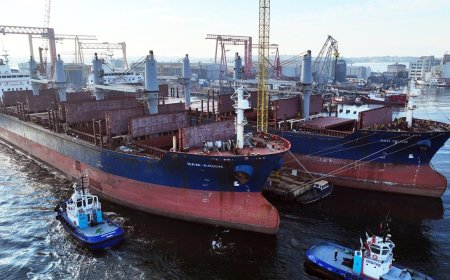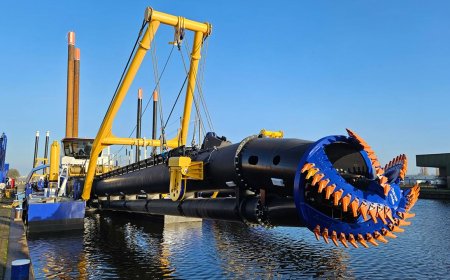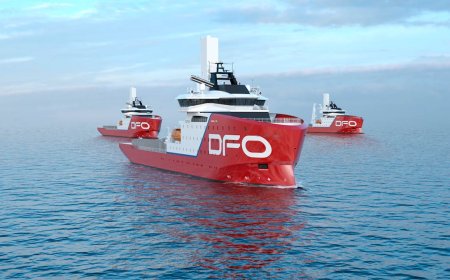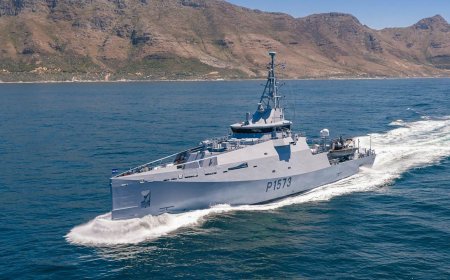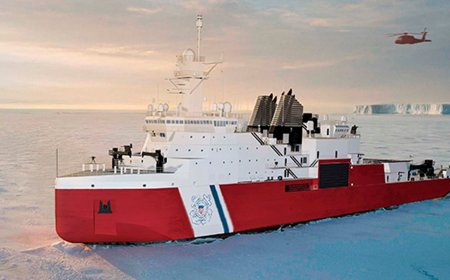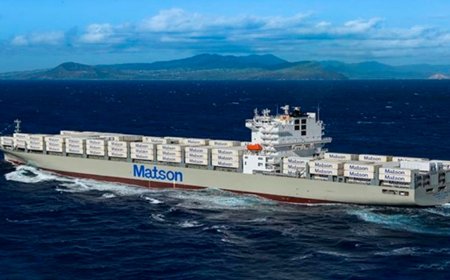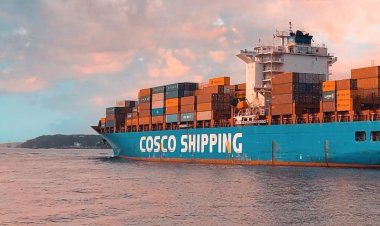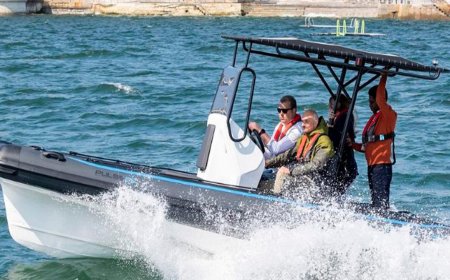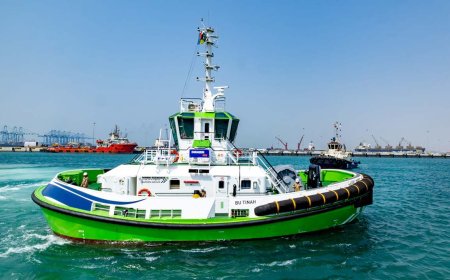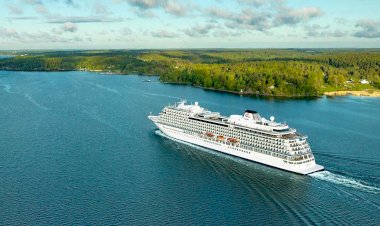Port Houston orders five more Konecranes RTGs
Port Houston is continuing to hybridize RTG container handling in its Barbours Cut and Bayport operations
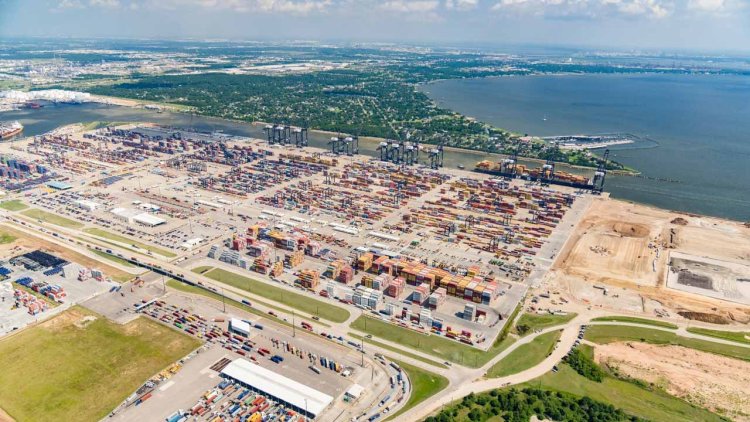
Port Houston in Texas has ordered 5 Konecranes hybrid RTGs for its Barbours Cut Container Terminal to support its long-term improvement program covering channel development and land infrastructure investment. The order was booked in Q3 2023, with the cranes to be delivered at the beginning of 2025.
Port Houston is continuing to hybridize RTG container handling in its Barbours Cut and Bayport operations to meet growing container traffic in an eco-efficient way. Houston’s current RTG fleet consists of 116 Konecranes RTGs, of which 26 are hybrid RTGs. By early 2025, the hybrid RTG fleet will grow to 57 following this order and another one announced last October.
“Konecranes RTGs are very popular in North America and it’s good to see the hybrid version populating the RTG fleet of Port Houston, which is always forward-looking, especially when it comes to eco-efficiency,” said Jussi Suhonen, VP Regional Sales, Port Solutions, Konecranes.
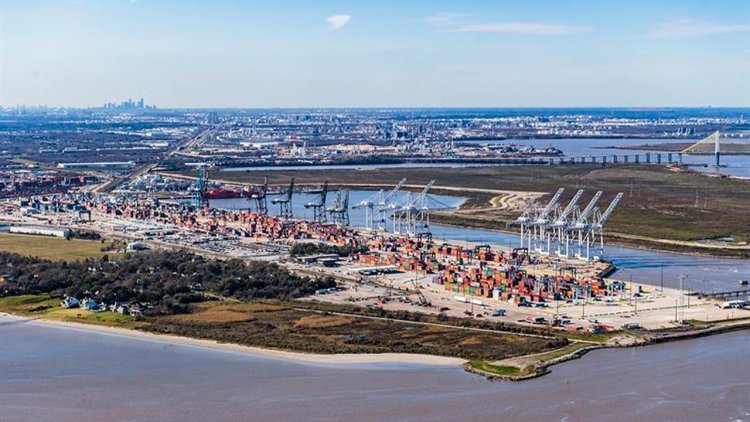
The hybrid Konecranes RTGs on order have advanced Li-ion battery technology and a battery management system that monitors the charge level and general health of the batteries. Konecranes can monitor the status of this system via TRUCONNECT® remote connection. The hybrid power system is completely modular and retrofittable. It includes an eco-efficient Tier 4f diesel engine that charges the batteries when necessary.
This repeat order is part of EcoliftingTM, Konecranes’ continuous work to decrease the carbon footprint of our customers. From eco-optimizing diesel drives, to hybridization and fully electric fleets, we will continue to do more with less.
A strong focus on customers and a commitment to business growth and continuous improvement make Konecranes a lifting industry leader. This is underpinned by investments in digitalization and technology, plus our work to make material flows more efficient with solutions that decarbonize the economy and advance circularity and safety.
